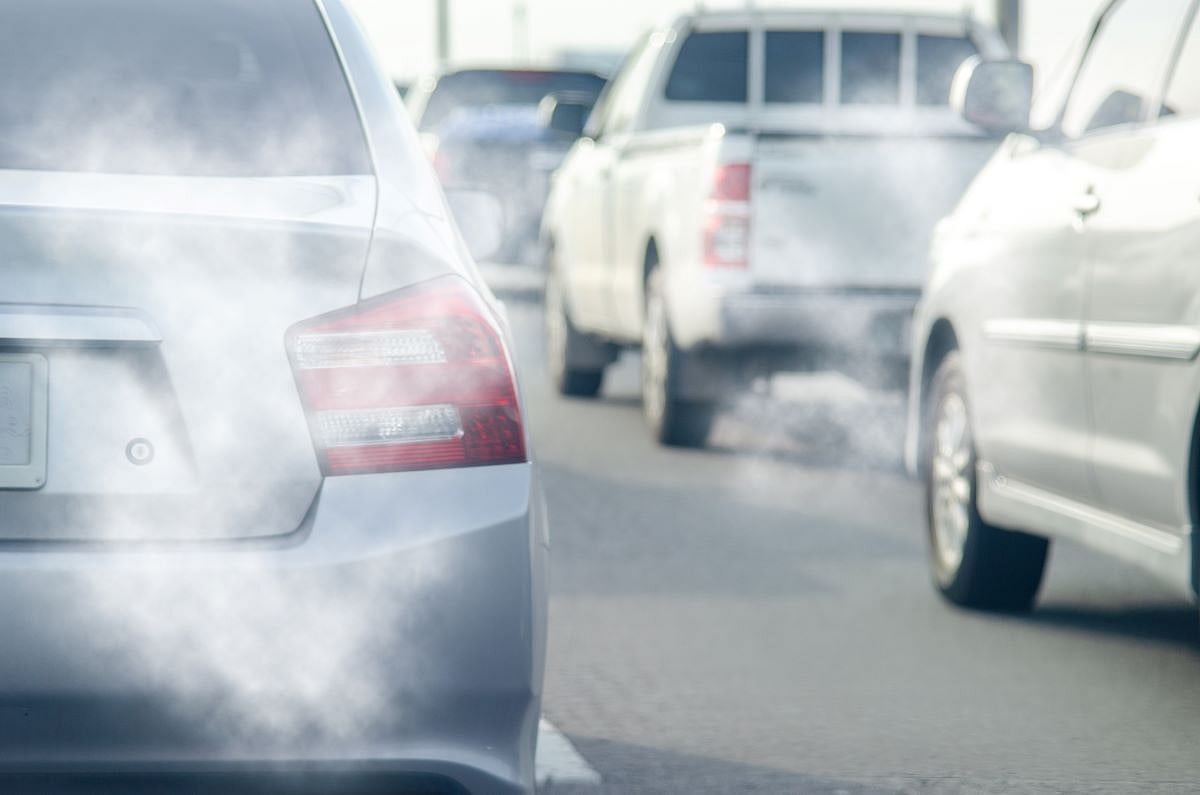Manténgase sano!

- Posted August 27, 2024
Noisy Neighborhoods Might Raise Heart Attack Risk
Your heart health before and after a heart attack might be influenced by how loud your neighborhood is, new research suggests.
One study found that people under 50 were more prone to heart attack if they lived in a noisy area, while another study showed the prognosis for heart attack survivors was worse if neighborhood noise was an issue.
"These data provide some of the first insights that noise exposure can affect prognosis," said Marianne Zeller from the University of Burgundy and Hospital of Dijon, in France. She's the lead author of the second study.
Both studies were presented Tuesday in London as part of the European Society of Cardiology (ESC) annual meeting.
Construction, cars honking, crowd noise: It can all be a chronic source of stress for urban dwellers, and stress is a known heart risk factor.
To determine the impact of a noisy neighborhood on cardiovascular health, doctors in Bremen, Germany, assessed the neighborhood noise levels of 430 people aged 50 or younger who were brought to a hospital for a heart attack (clinically known as a myocardial infarction).
People with low levels of heart risk factors -- issues such as diabetes or smoking -- were more likely to be admitted to the hospital with a heart attack if they happened to live in a noisy neighborhood, said a team led by Hatim Kerniss, of the Bremen Institute for Cardiovascular Research.
"Urban noise could significantly increase the risk of early-onset myocardial infarction in young people with low traditional risk factors," concluded an ESC news release on the study.
Kerniss' team believes neighborhood noise exposures should be included in guidelines aimed at assessing a person's heart risk.
The second study, led by Zeller, focused on outcomes for folks who'd survived a heart attack. Her team looked at one-year follow-up data for 864 French people who'd survived a heart attack for at least 28 days.
They tracked a composite outcome of cardiovascular events including cardiac death, rehospitalization for heart failure, the need for emergency procedures like angioplasty or stents, stroke, or angina (chest pains).
They also measured the decibel level at each patient's home address (the average level was 56 decibels over a 24-hour period).
Overall, a heart attack survivor's odds for some form of cardiovascular event jumped 25% for every 10-decibel rise in nighttime noise levels, the French team reported.
That finding stayed true even after Zeller's team factored out other environmental stressors, such as air pollution or poverty.
“These data provide some of the first insights that noise exposure can affect prognosis," Zeller said.
The two studies were presented at a medical meeting, so their findings should be considered preliminary until published in a peer-reviewed journal.
However, if her team's findings are borne out by "larger prospective studies," they might give support to noise-reduction efforts being part of treatment for folks recovering from heart attack, Zeller said.
More information
Find out more about noise and its effect on your health at the University of California, Davis.
SOURCE: European Society of Cardiology, news release, Aug. 27, 2024






